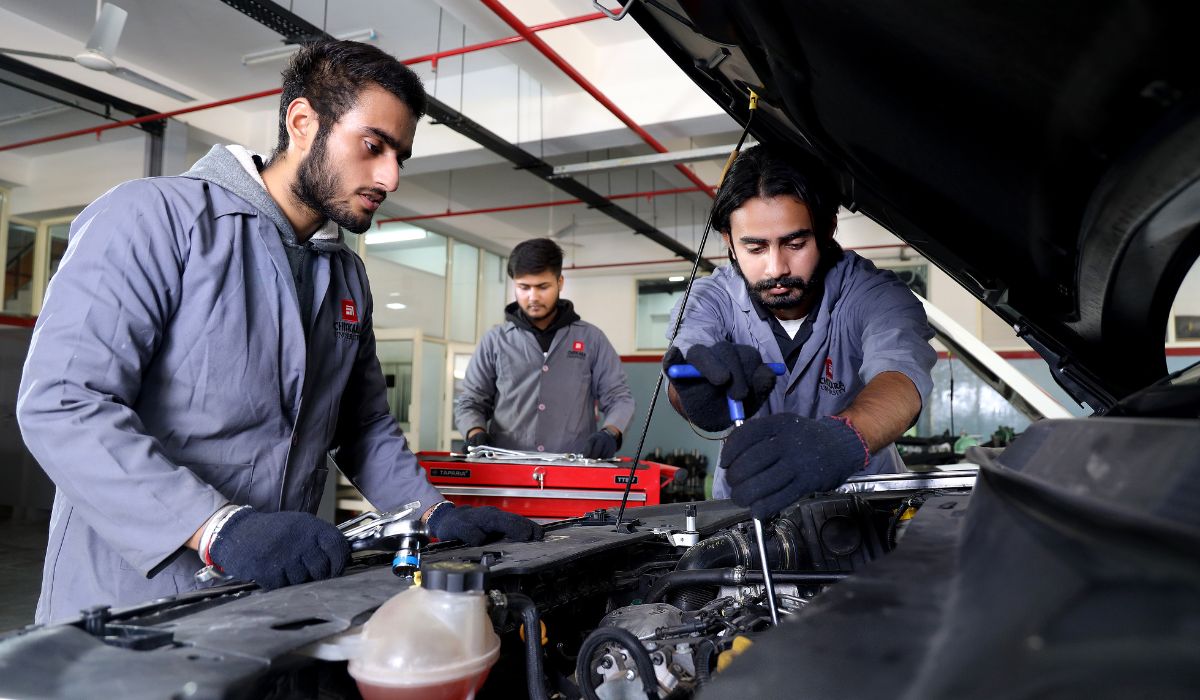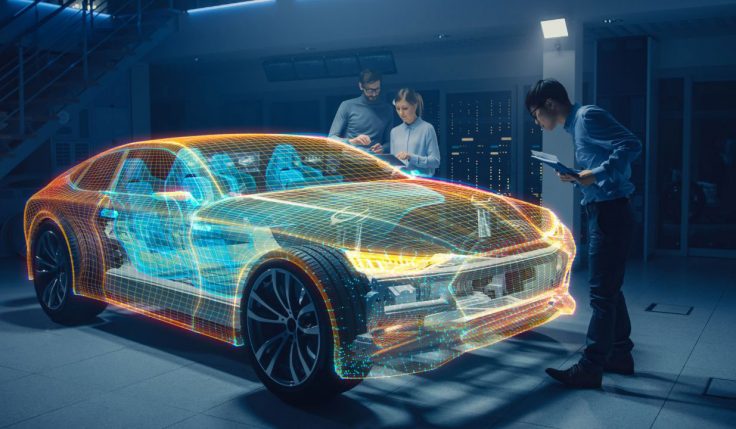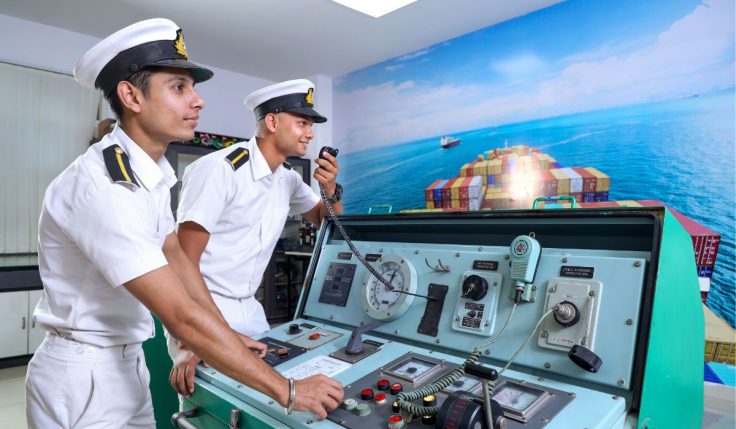Automobile engineers play an increasingly important part in the ever-changing field of automotive engineering. With technological breakthroughs altering the business, vehicle engineers’ expectations have risen to new heights. Aspiring students in BE Automobile Engineering programs, in particular, must comprehend the industry’s needs in order to grow and achieve.
Understanding the Automobile Engineering Landscape
Automobile engineering is a multidisciplinary discipline that includes mechanical engineering, electrical engineering, and computer science among others. The contemporary vehicle engineer is required to have a wide range of skills that go beyond traditional technical concepts.
Technical Proficiency and Innovation
A solid foundation in key engineering concepts is one of the most important requirements of vehicle engineers. The basis of an engineer’s skill set is proficiency in areas such as automotive design, thermodynamics, manufacturing processes, and vehicle dynamics. A sharp sense of creativity and the ability to incorporate new technology into automotive design and development processes are also highly valued.
Embracing Sustainability and Environmental Consciousness
The automobile industry has seen a paradigm change toward sustainability and environmental consciousness in recent years. As a result, automobile engineers are required to design and create environmentally friendly automobiles, with an emphasis on alternative fuels, electric vehicles, and lowering carbon footprints. Engineers joining this sector must be familiar with hybrid technologies, battery systems, and renewable energy sources.
Proficiency in Software and Automation
The introduction of smart vehicles and self-driving technologies has transformed the sector. To contribute to the development of autonomous cars, engineers must be well-versed in software development, artificial intelligence, and machine learning. Understanding sensor technologies, data processing, and control systems is crucial for determining the future of automotive engineering.
Adaptability and Continuous Learning
The rapid evolution of technology in the automobile industry necessitates an attitude of continual learning and flexibility. To remain relevant and competitive in the field, engineers must keep up with the newest innovations, attend workshops, acquire certifications, and engage in lifelong learning.
Collaboration and Communication Skills
Aside from technical knowledge, strong communication and collaboration abilities are required. Automobile engineers frequently work in diverse teams that rely heavily on teamwork. It is highly regarded to be able to clarify ideas, work in different teams, and communicate complicated technical concepts to non-technical stakeholders.
To summarize, the current automotive industry’s requirements of vehicle engineers are diverse. In addition to the technical talents needed of a typical engineer, the sector also requires creativity, sustainability, flexibility, and great communication skills. Aspiring engineers in BE Automobile Engineering programs should concentrate not only on understanding key engineering concepts, but also on remaining up to date on technology breakthroughs and adopting a holistic approach to automotive engineering.
Understanding these expectations and proactively acquiring the essential abilities will not only pave the road for a successful career in the vehicle engineering business, but will also contribute substantially to determining the future of the automotive landscape.
Chitkara University’s pioneering 4-year BE in Automotive Engineering, developed in collaboration with the Automotive Research Association of India (ARAI), stands as a transformative pathway for aspiring engineers venturing into the dynamic automotive industry. This strategically designed program combines theoretical learning and hands-on practical exposure, spanning 2.5 years at Chitkara University, Chandigarh, and 1.5 years at ARAI’s Academy in Pune. Emphasizing the growing shift towards Electric Vehicles (EV) and Hybrid Electric Vehicles (HEV), the curriculum focuses on imparting essential skills and knowledge required for the future of automotive engineering.
The program structure accentuates a holistic learning experience, integrating theoretical foundations and real-world applications. Students delve into EV and HEV fundamentals during their tenure at Chitkara University, followed by immersive learning at ARAI, where they engage with cutting-edge automotive technologies. The final semesters are dedicated exclusively to project work, enabling students to apply their expertise either within the automotive industry or at ARAI, thus honing their practical skills and industry insights.
Read this blog post: Things You Need to Know About Automobile Engineering
ARAI’s pivotal role in automotive research and development further enriches the program’s quality. With ISO certifications and a history of shaping automotive standards, ARAI’s collaboration ensures access to the industry’s best practices, technical expertise, and curriculum. Graduates of this program emerge equipped with a comprehensive skill set, poised for diverse career opportunities in manufacturing, research and development, supply chain management, hybrid and EV design engineering, and more. Chitkara University’s BE in Automotive Engineering, in tandem with ARAI, positions students at the forefront of the automotive engineering revolution, preparing them to shape a sustainable and innovative future in the ever-evolving automotive landscape.






